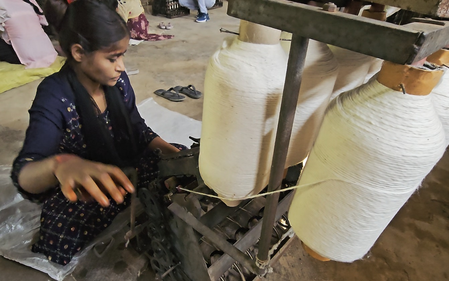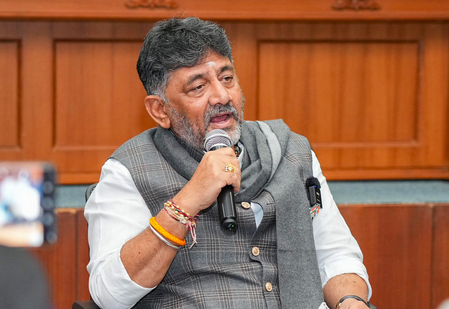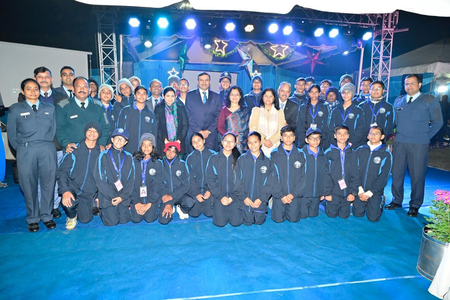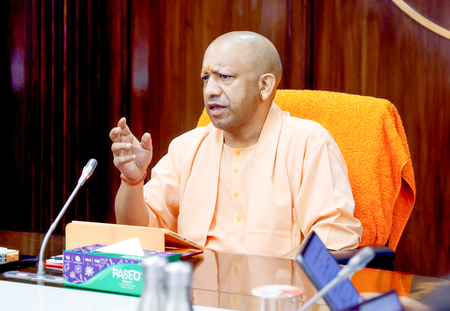
Mahoba (Uttar Pradesh), Oct 1 (IANS) In the heart of Jaitpur village in Uttar Pradesh’s Mahoba district, the sound of the spinning wheel still echoes the vision of Mahatma Gandhi, who personally visited the region in 1920 to lay the foundation for a Khadi Gramodyog (village industry) centre. More than a century later, this centre—Shri Gandhi Ashram Utpadan Kendra—continues to keep his dream alive.
The centre was established with Gandhi’s vision of self-reliance through cottage industries, particularly for the rural poor. He was accompanied at the time by freedom fighter and Gandhian leader Acharya J. B. Kripalani. The initiative gave rise to a khadi revolution in the area, with over 200 local weaver families taking up spinning and weaving as a source of livelihood.
At one point, nearly every household in the village had a charkha, and spinning yarn became both a way of life and a symbol of national pride.
Even after India gained Independence, khadi remained the primary source of income for families in Jaitpur. The government continued to support the movement by providing subsidies to the Khadi centre. Raw cotton is still brought in, spun into fine thread on the charkha by women artisans, and then woven into cloth by weavers. The finished fabric is washed and sent to market through the centre’s network.
Shivani, a weaver at the centre, says, “After finishing household chores, I come here to spin yarn. It helps me earn some income to support my family.” Parveen, another artisan, adds, “This work keeps us connected to our roots and gives us dignity and self-dependence.”
Sonia, who also works on the charkha, says, “We earn by spinning yarn, and this has become an important part of our daily lives.”
Shyamle, who oversees the charkhas and the centre’s operations, explains the process: “Women spin the yarn on the charkha by hand, which is then given to weavers. The fabric is washed and distributed to shops for sale.”
The centre’s manager, Dhanprasad Vishwakarma, shares that currently 15 to 20 charkhas are operational, mostly run by women who come after completing household responsibilities.
“We receive wool, spin it into yarn on the charkha, and pass it on to the weavers who use handlooms. After washing, the fabric is sent to market,” he says.
Brajmohan Nayak of Khadi and Village Industries emphasises the continuing importance of this legacy: “Gandhiji’s idea was to empower the poor through self-employment. This centre keeps that legacy alive even today.”
Over a hundred years later, this quiet village in Mahoba still carries the torch of Gandhian philosophy, proving that khadi is more than just a cloth—it is a movement of empowerment, dignity, and self-reliance.
–IANS
brt/uk




